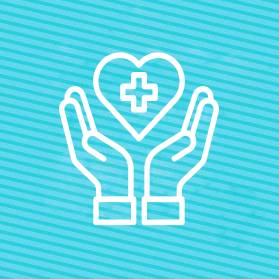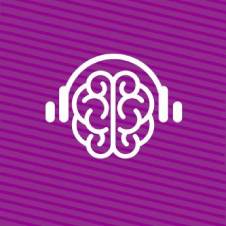Research Lines
All research projects in CAS revolve around persuasive communication, in professional terms –advertising and corporate communication- or in broader terms –communication effects, and communication strategies- exploring in an interdisciplinary way its connections with psychology, health, information technologies or tourism. Our four main research lines are the following:

Health communication
This research line examines three key areas: (1) How information about health-related issues, such as the risks and benefits of different lifestyles, medical treatments, or interventions, is communicated through different channels, including traditional and social media, public health campaigns, healthcare websites and interpersonal communication, (2) How different types of health messages, risk presentation formats and communication strategies are perceived and interpreted by diverse audiences, (3) How to optimise health communications through evidence-based interventions that support better health decisions and promote physical and mental well-being.

Corporate communication, SDGs and responsible advertising
It analyses the integration of the 17 SDGs in the CSR strategies of companies and organizations adapted to different sectors and aimed at different segments of the population for the generation of dialogue and commitment with the citizens, and, especially, with the younger generations.

Youth, media and well-being
Well-being is a state that involves physical health, thoughts, feelings, emotions, actions, and experiences. In this sense, the core subject of this line of research focuses on the effects of media discourse on the well-being of those groups that, due to their characteristics, are especially vulnerable to it. Through quantitative and qualitative methodologies, this area explores, among others, the incidence of influencers' discourse on minors, the effects that advertising language generates among children and adolescents, and the impact of media content on body image disorders that, from early childhood, affect people of any age.

Media Psychology and Neurocommunication
In this area, we focus on the study of cognitive processes, emotions, and behavior underlying communication, technology interactions, and health. At the Media Psychology Lab, we measure the physiological response of individuals (heart rate, skin conductance, emotional response...) to understand how they perceive, process, and respond to different communication messages, technology interactions, and their influence on health.

Place Branding
Place Branding is the process of creating and managing a brand that represents a city, region, or country. This line of research examines how different stakeholders contribute to the brand of the place, the role of visual representation, the digital management of the personality of the brand, the influence of tourist communication and the relationship between the reputation of the place brand and the Sustainable Development Goals.
